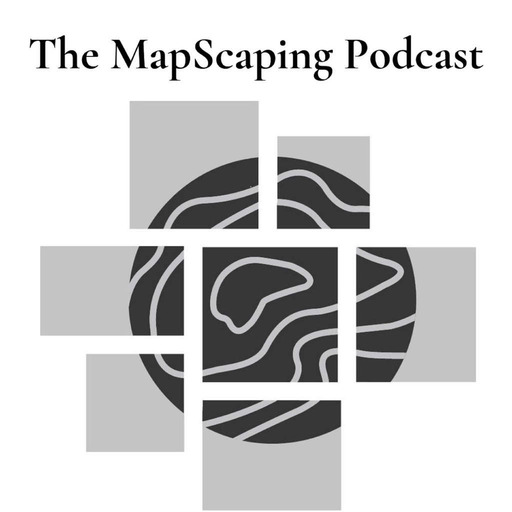Distributing Geospatial Data - Every wondered why you might what to do this? Or maybe you understand the why but are unsure about the how?
Perhaps you have heard people talk about partitioning data or sharding data, you might have heard some of these terms used in the context of enterprise-scale geospatial systems and parallel processing and thought … Wow … that sounds daunting!
This podcast episode is meant to be a soft introduction to the world of distributed geospatial databases and some of the concepts surrounding them.
Along the way, you will be introduced to something called Apache Sedona which is a cluster computing system for processing large-scale spatial data, and hear the surprising stat that 97% of enterprise data remains unused! … perhaps because of the lack of context?
You can connect with Mo Sarwat on
Twitter https://twitter.com/MoSarwat
Or at https://mosarwat.org/
During the conversation, we mention PostgreSQL and PostGIS a few times which are topics that we have covered in previous podcast episodes
Servicing Dynamic Vector Tiles from PostGIS
https://mapscaping.com/podcast/dynamic-vector-tiles-straight-from-the-database/
An introduction to PostgreSQL
https://mapscaping.com/podcast/postgresql-an-open-source-geospatial-database-for-gis-practitioners/
Spatial SQL
https://mapscaping.com/podcast/spatial-sql-gis-without-the-gis/
Toward the end of the conversation, we touch on the idea of cloud-native geospatial formats, and if you are interested in understanding this concept you might find these two previous episodes helpful
Cloud Optimized Point Clouds
https://mapscaping.com/podcast/cloud-optimized-point-clouds/
Cloud Native Geospatial
https://mapscaping.com/podcast/cloud-native-geospatial/
If you have any questions or comments please feel free to reach out! I would love to hear from you


 Emissions
Emissions







